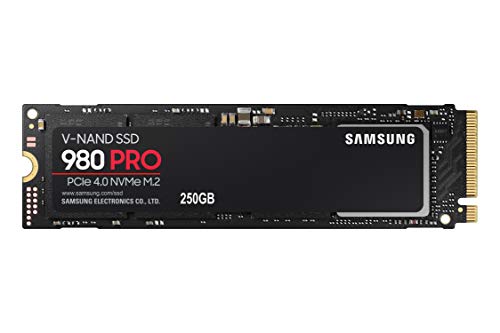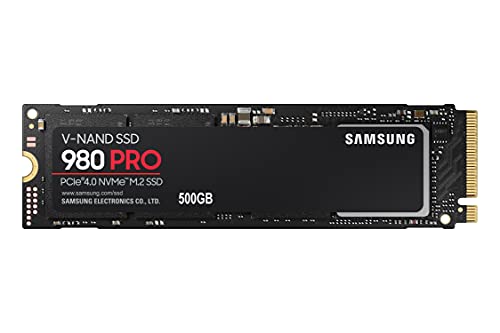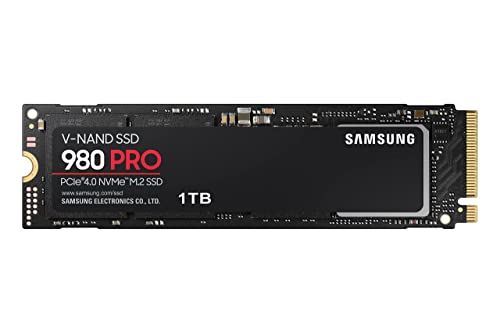Lewie skews Chaotic Good where possible, and loves pressing buttons, viewing pixels and listening to sounds. He's written for publications like Rock Paper Shotgun, Eurogamer, VG247 and Kotaku UK, and spent 13 years running Savy Gamer. If you ever get the chance you should ask him to tell you the story about that time he had a fight with a snake on an island off the coast of Cambodia.
WePC is reader-supported. When you buy through links on our site, we may earn an affiliate commission. Prices subject to change. Learn more
Last Updated:
The latest update to Samsung’s excellent range of NVMe based M2 solid-state drives is available now, offering fantastic speed updates compared to the previous generation, and compatibility with the latest PCIe 4.0 standard.
These drives come in 500GB, 1TB, and 2TB configurations, and are available to order now.
Here’s the info directly from Samsung for what you can expect from these latest drives:
“Delivering sequential read and write speeds as high as 7,000 MB/s and 5,000 MB/s respectively, in addition to random read and write speeds of up to 1,000K IOPS, the 980 PRO delivers speeds twice as fast as PCIe 3.0 SSDs and up to 12.7 times as fast as SATA SSDs. What’s more, Samsung’s 980 PRO comes with a nickel coating thermal control system that provides improved reliability.”
These speeds are almost double what was offered by their previous generation 970 Pro SSDs. We already rate the 970 Pro as one of the best options for Solid State Drives on the market, and with this latest iteration, Samsung have likely claimed the crown for the best option available today.
These aren’t cheap drives, but if you want to get the fastest possible performance out of your drive storage, it is seriously worth considering a top-end SSD. This will offer a big boost to general system performance, gaming load times, file transfer speeds, and quieter and more power-efficient usage.
Price-wise, these new drives are hardly cheap, but they’re not completely unreasonable and are launching at significantly lower prices than the previous generation of drives launched at, demonstrating how this kind of high-end SSD drive is becoming a far more mainstream option. It’s perhaps not going to be too long until we see games start to not only benefit from an SSD, but perhaps even require them. Especially with the new Xbox and PlayStation coming with a fast SSD as standard.


